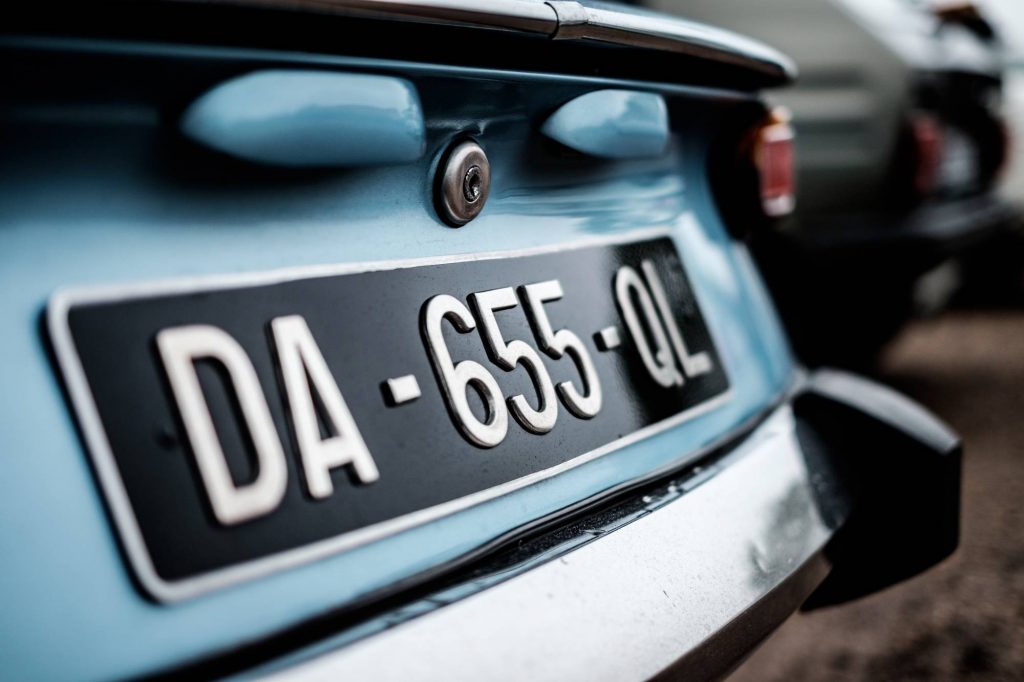Tips for Buying a Car in Spain: A Foreigner's Guide

guidance and tips for expats or tourists looking to buy a car in Spain, covering legal aspects, dealerships, and important considerations.
1st Jan 2023
Buying a car in Spain from a private seller

When purchasing a car from a private seller, you engage in a legal agreement with the seller and manage all the necessary paperwork independently.
To formalize the purchase, a sales agreement (contrato de compraventa) is essential. The ownership transfer should occur at the Traffic Department's vehicle registration desk (Jefatura de Tráfico). Here, a transfer document (Solicitud de Transmisión de Vehículos) must be completed and signed. It's crucial to include the date and time of the transfer in the contract (contrato) to ensure that any outstanding traffic fines belonging to the seller aren't transferred to the buyer.
Additionally, it's a common practice to subject the intended vehicle to a comprehensive inspection (toda prueba) by a mechanic.
For those commencing the process of searching for a car, expatriates are recommended to explore specialized car magazines like Autopista, Coche Actual, Car and Driver, and Autofácil at local newspaper kiosks (quiosco) or access their online versions. Other online platforms such as Autoscout24.com and Coches.net are valuable digital resources.
In the event that external financing is necessary for the car, expatriates will need to apply for a bank loan in person. Banks may offer more favorable rates compared to dealers, but they also have stricter eligibility criteria. If external financing is not required, payment must be made via a bank cheque, as personal cheques are rarely utilized.
Engaging the services of a gestor
Expatriates residing in regions with a substantial expat community, but who haven't mastered Spanish, will discover numerous individuals willing to assist in the purchase process and address inquiries.
Nevertheless, in areas with fewer expats or for those who cannot spare time for queuing and managing the extensive paperwork, considering hiring a gestor to handle a major portion of the process might be beneficial.
Given that a gestor often employs runners who manage multiple clients simultaneously, expatriates generally don't need to cover a significant portion of the gestor's time.
Buying a vehicle from a dealership in Spain

Another option for foreigners is to purchase a new or pre-owned vehicle from a reputable dealership (concesionario), where the dealer will oversee the necessary paperwork with the Traffic Department. Buyers will also receive a warranty that typically lasts for up to a year for the car. However, it's important to note that the overall cost of the car is likely to be higher compared to a purchase from a private seller, even if the dealer provides a discount or a special offer.
Depending on individual circumstances, it may be feasible to make an upfront payment for the car, and the dealer might cover the registration fee, especially for a new car at the listed price or if the payment is made in cash.
In line with various government initiatives aimed at reducing pollution, cars older than ten years may be accepted in part exchange, making the buyer eligible for a discount on a new purchase.
In the case of purchasing a car through a dealership, the car finance will typically be managed through a standing order on a monthly basis, with automatic deductions from the designated account.
Documentation for purchasing a car in Spain

Whether making a purchase from a private seller or a dealer, similar documentation is necessary. Expatriates should request to review the original copies of all documents, especially in transactions involving a private seller.
- Log Book (Permiso de Circulación): This serves as the vehicle's identification and confirms that the vehicle identification number matches the one on the registration document. It contains essential information about the car, including the license plate, make, model, owner's name and address, and the initial registration date.
- Transfer of Ownership Form (Transferencia):
- ITV Document (Inspección Técnica): This document is stamped and dated upon successfully passing the last inspection, indicating when the next inspection is due. It verifies that the car meets the minimum environmental and road safety standards as required by law.
- Road Licence Fee (Impuesto Sobre Vehiculos) for the Current Financial Year: Proof of full payment for the road licence fee applicable for the ongoing financial year is required.
Bringing a Car with Foreign License Plates into Spain

The process of importing a car with foreign license plates to Spain involves several specific steps:
- Undergoing Inspection (ITV): A car with foreign license plates, acquired from any European Union country, typically faces no challenges in passing the ITV inspection in Spain.
- Paying Excise Duty on Transport Types:
- Settling Registration Tax:
- Clearing VAT: If the car is pre-owned and was bought from an individual within the European Union, a property transfer tax is applicable and must be paid.
- Meeting Road Tax Obligations:
- Covering Translation Costs:
- Submitting Comprehensive Documentation to the Traffic Department: All necessary documents must be submitted to the Traffic Department, accompanied by the payment of the registration fee.